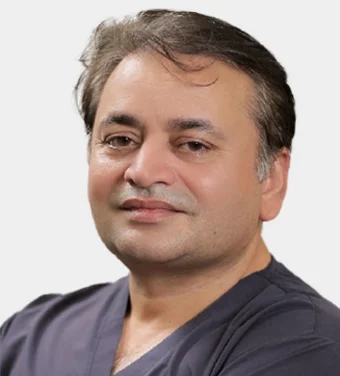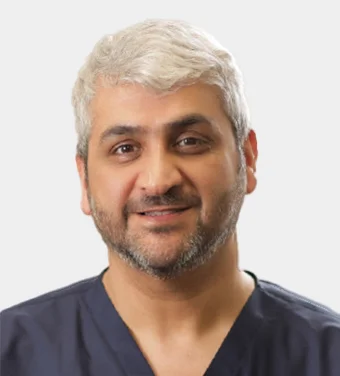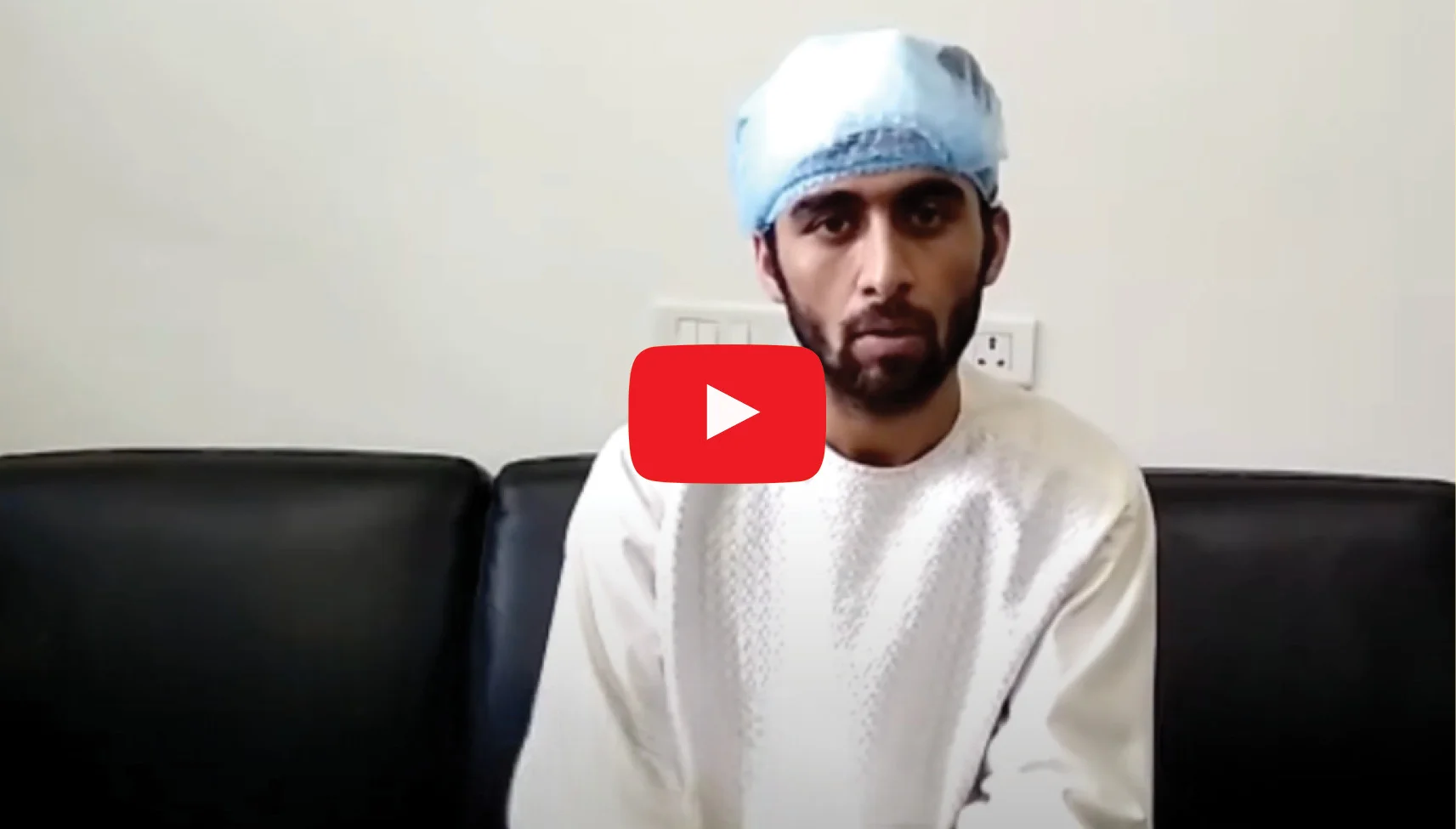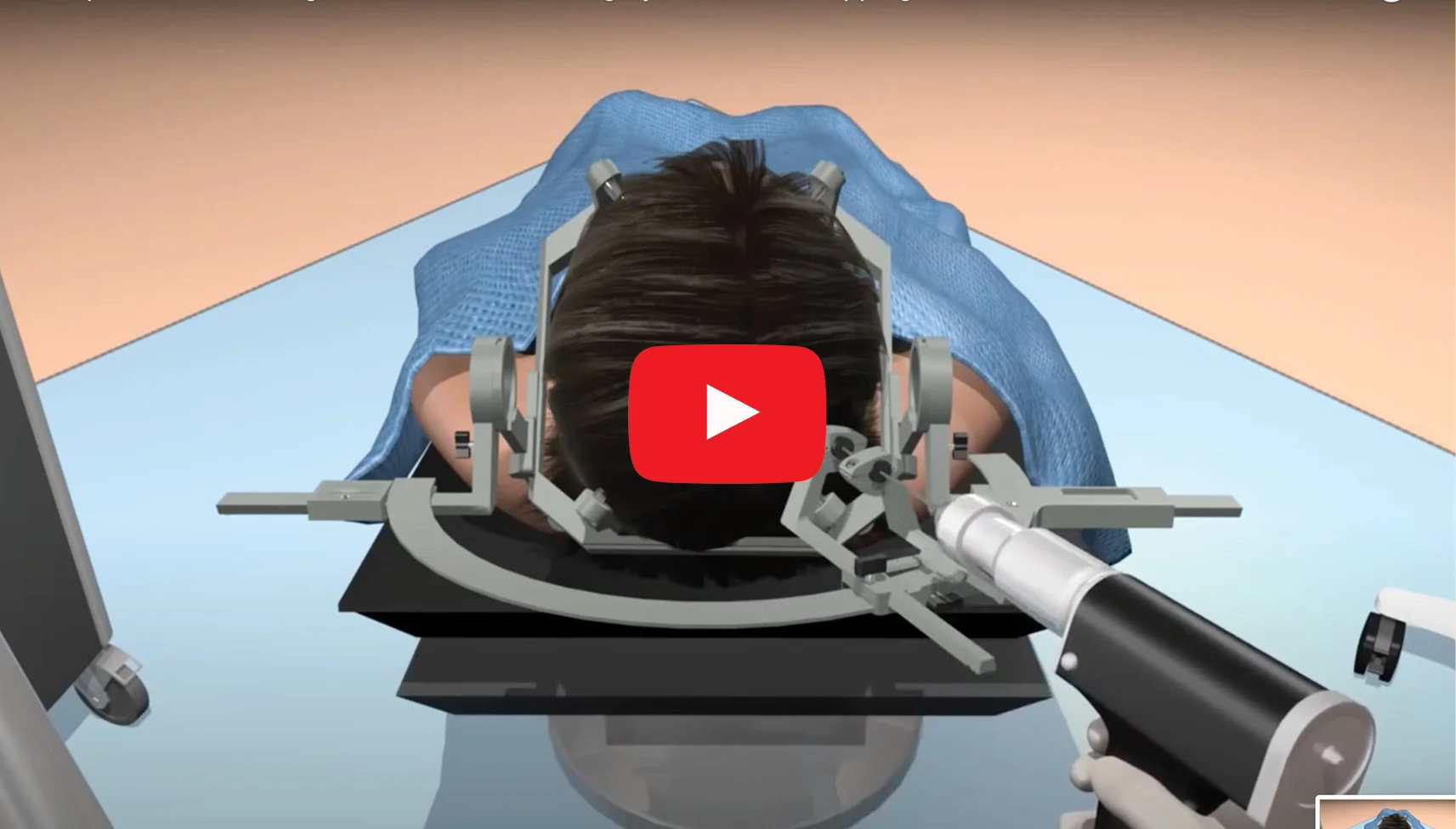
At IBS Hospital, we offer expert brain tumour surgeries. Our skilled team employs advanced techniques to ensure precise interventions, addressing a range of brain tumour types. Trust us for comprehensive care that prioritizes your well-being and recovery.
What is a Brain Tumor?
A mass of abnormal cells in the brain tissue, resulting from uncontrolled multiplication and accumulation, is known as a brain tumor. These tumors can be non-cancerous (benign) or cancerous (malignant) and may vary in shape and size. With 120 types accounting for a staggering 85-90% of all primary tumors of the nervous system, brain tumors have become a significant concern. They are the leading cause of solid cancer-related mortality in children under the age of 20.
What are the primary risk factors for developing a Brain Tumor?
- Family history: accounts for approximately 5-10% of all cases
- Age
- Chemical exposure: either at home or in the workplace
- Radiation exposure: from medical treatments or due to nuclear fallout
- No history of chickenpox
What are the types of Brain Tumors?
Primary Brain Tumor:
Originates in the brain itself, possibly developing from brain cells, nerves, etc. These can be:
Malignant:
Cancerous:
- Aggressive and fast-growing
- May result in permanent disability or even death
- Of these, the most common are ‘Gliomas’ accounting for approximately 78% of all cases
- Astrocytomas, ependymomas, glioblastoma multiforme, medulloblastomas, and oligodendrogliomas are types of these ‘gliomas’
Benign:
- Non-cancerous
- Not as aggressive
- Slow-growing
- May compress normal brain cells and functions due to increased size
- Examples include chordomas, craniopharyngiomas, gangliocitomas, meningiomas, and pituitary adenomas
Secondary Brain Tumor:
- Also known as Metastatic brain tumors, which spread to other parts of the body
- 1 in 4 brain tumor patients is likely to have a metastatic brain tumor
What are the symptoms of Brain Tumor?
- Frequent headaches
- Seizure and tremors
- Compromised motor functions
- Personality changes
- Partial or complete paralysis
- Dizziness or fainting
- Defects in vision and hearing
- Nausea and vomiting
- Swallowing difficulties
- Speaking difficulties
- Confusion
- Loss of balance
Our team of experts that make it possible
Meet the team of highly specialised and experienced neurosurgeons, neurologists, orthopedicians, and other experts in the field of neurology and spine care. Our team is dedicated to providing personalised and compassionate care to each patient, with the goal of helping them achieve the best possible outcomes.

Dr. Vikas Gupta
Senior Neurosurgeon

Dr. Dewaker Sharma
Senior Neurosurgeon

Dr. Sachin Kandhari
Senior Neurosurgeon

Dr. Anup Gogoi
Senior Neurosurgeon

Dr. Ankur Dhandha
Anaesthetist

Dr. Gaurav Sharma
Senior Sports Physiotherapist

Dr. Sachin Samuel
Senior Neuro Physiotherapist

Dr Ankush Arora
Anaesthetist

Dr Amarjyoti Yadav
Anaesthetist
IBS Hospital Empowers Your Treatment with Cutting-edge Technology
We continuously incorporate cutting-edge technologies from around the world into our offerings, such as a surgical system that allows for precise and confident complex procedures. We use magnetic stimulation to treat certain neurological conditions and create personalised brain maps for tailored treatment plans. Nerve monitoring during surgeries ensures the nervous system is not compromised, and a robotic exoskeleton aids in mobility issues. Our goal at IBS Hospital is to provide the best care possible, utilising the latest and most innovative technologies available.




